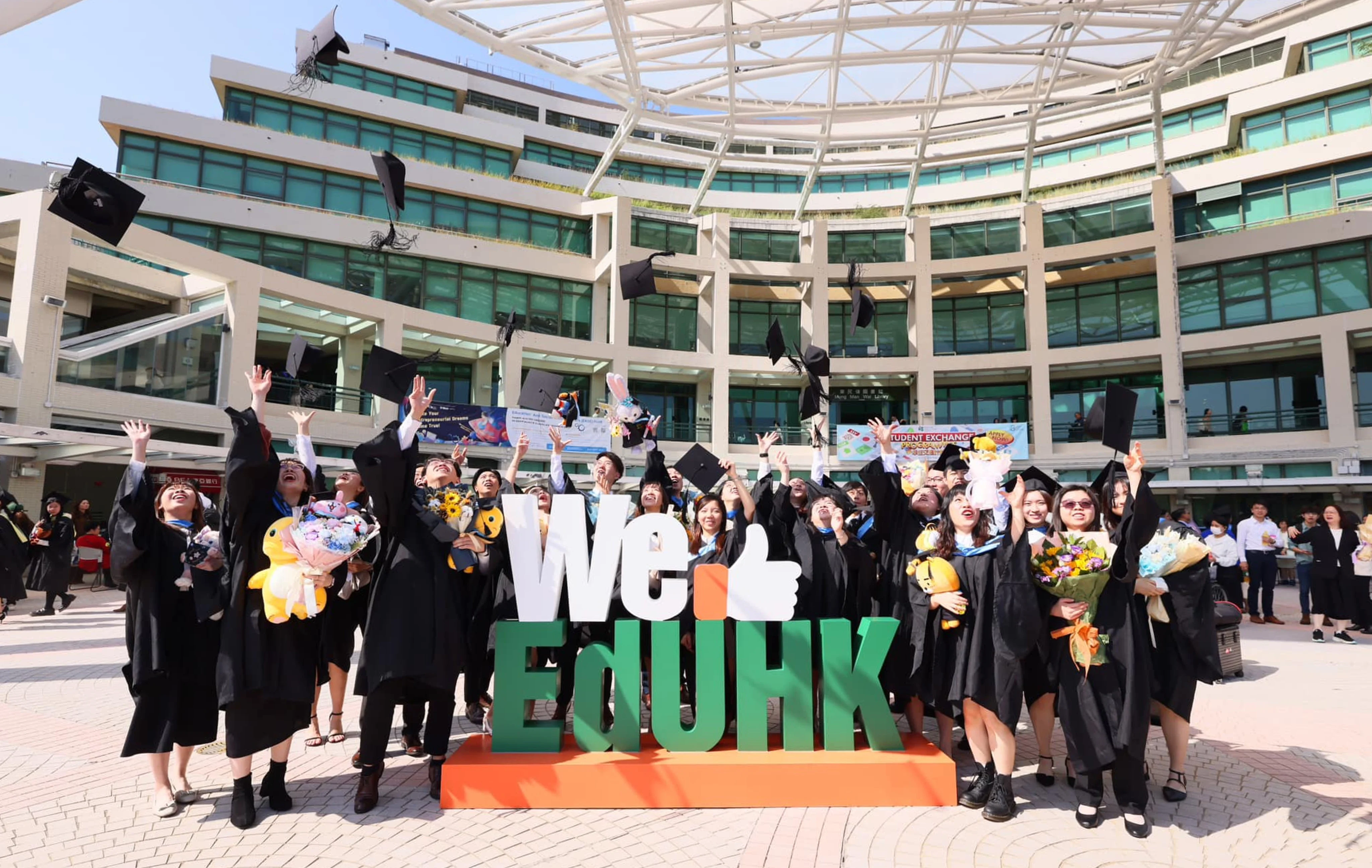Copyright scmp

The debut ranking of Hong Kong’s largest teacher training institution in the top 10 per cent of universities worldwide fosters better self-awareness, its president has said, while stressing the school is defined by more than the rating. Education University of Hong Kong’s (EdUHK) President John Lee Chi-kin told the Post in an exclusive interview that the school took part in the ranking exercise by the prominent British publication, Times Higher Education, following the suggestions of some colleagues. The institution, which officially gained its university title in 2016, was placed 195th among 2,191 universities from 115 countries and territories, or among the top 10 per cent of those rated worldwide. It ranked sixth among the city’s eight rated universities. “If we do not participate, others will not know how we perform, and we ourselves would not understand our standing,” Lee said. “We want to use this ranking to gain an understanding of ourselves and other universities.” Lee expressed gratitude to the staff, students, the university’s governing body and the government for their support. All eight public universities in Hong Kong were listed together for the first time this year, with the city’s oldest institution, the University of Hong Kong, ranked 33rd, while Chinese University of Hong Kong rose to 41st. City University placed 75th, and Polytechnic University climbed to 83rd. EdUHK’s ranking was higher than Baptist University, which placed in the 201-250 band, and Lingnan University, which ranked between 301 and 350. Lee said even though the ranking was globally recognised and credible, it could not fully reflect each institution’s unique characteristics, strengths and developmental path. “We are not a comprehensive university. We do not have medical or law schools, but we are a professional and research-oriented university with teacher education as our main focus,” he said. “I do not wish to see universities doing things merely to achieve a higher rank. Rankings should not serve as a score to define a university,” Lee said. He cited how the ranking failed to measure the university’s contributions to the local community, such as the institution’s initiative to promote Chinese martial arts education among primary and secondary school pupils. Lee highlighted that a more important point about this year’s ranking result was that all eight public universities in Hong Kong had placed within the world’s top 350. “I think this is very important as it shows that Hong Kong, though small, has world-class universities. It is encouraging for national development, the ‘Study in Hong Kong’ brand, and our teachers and students,” he said. The “Study in Hong Kong” initiative was first raised in last year’s policy address, with the government suggesting measures such as hosting international education conferences and exhibitions as well as attracting more non-local students. Asked about future ranking goals after the university’s debut, Lee said: “Rankings go up and down, just like a person’s life. Of course, we always hope for good results, but there is no such thing in the world,” he said. “When you make progress, others do too.” Facing a government funding cut between 2025 and 2028, Lee said the university should prioritise projects according to its needs and find ways to increase revenue, such as launching new academic programmes that meet social demands. “We have to maintain our quality and reach effectiveness despite facing the funding cut, and there are must-do things like student development, innovation and research and our campus expansion,” he said. He added the university would launch a learning centre in Shenzhen next September to offer training programmes for mainland Chinese, particularly educators, living in the Greater Bay Area. EdUHK started building an eight-storey new academic building with a net operating floor area of 7,600 square metres (81,806 sq ft) in 2022 and it was expected to open next January. The centre will be equipped with a 400-seat multifunctional auditorium, 10 classrooms, two virtual classrooms, laboratories with enhanced multimedia equipment, ancillary research space and a basketball court on its rooftop. The building is the university’s first major campus development project since the inauguration of its Tai Po campus in 1997.



